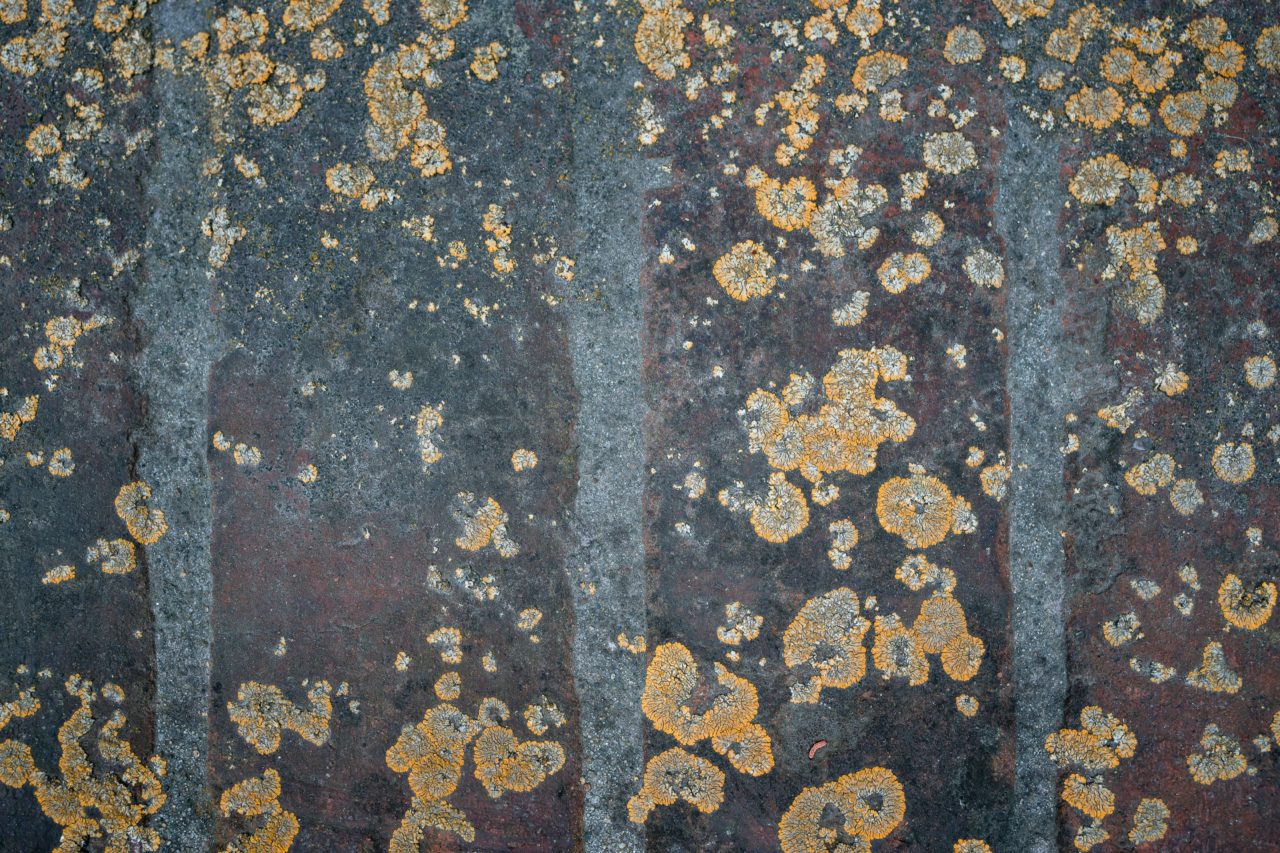Most often, mold testing requests come from people wondering if they have a mold problem because there are no visible signs of mold growth, yet they have a gut feeling something is wrong. They may be experiencing things like strange odors, mustiness, frequent illnesses, headaches & fatigue with time spent indoors. Mold testing when mold is visible is a common practice by many mold professionals, especially franchises.
Testing with VISIBLE Mold
Testing for mold is NOT necessary when there are visible signs of mold growth. This approach is verified by the EPA. Any other recommendation is a greedy scheme that is not necessary. Unfortunately, it is a common practice in the mold industry. However, all mold professionals universally agree that if mold is visible, it should be safely removed. It is irrelevant to test the type of mold or the spore count when the decision for remediation has already occurred.
Certified instructors with 30+years experience working as an Environmental Air Quality Industrial Hygienist frequently proclaim to no longer even test for mold when the visible mold is present. Why? In their words “you should handle all visible mold assuming it is toxic.” In other words, safely remove the mold according to EPA and industry standards. Then, post-test to ensure the premise is free of contamination. In conclusion, if you know you see mold, spending money on a lab to confirm what you have already seen is an unnecessary expense.
Testing with NO VISIBLE Mold, but Suspect a Mold Problem
We DO recommend testing in situations where there is not any visible mold, but there is an odor or the occupants have reoccurring health issues. Also, we recommend post-testing after a remediation project has been completed. This ensures that all mold has been properly removed with no spores becoming airborne. While pre-testing for mold is much of the time is not necessary, post-testing is because the knowledge of the air quality after remediation services is vital to your health.
Conflict of Interest when Testing & Remediating
When choosing a mold professional, the last thing many property owners think about is the conflict of interest. This is a practice that is common. However, it is highly discouraged by all leading certification organizations. This is for the protection of the customer. What keeps a company from defrauding the test results? To learn more about this conflict of interest, check out Ben Fetzer’s (owner of Fresh Start) article, “Conflict of Interest: Mold Testing & Remediation”.
